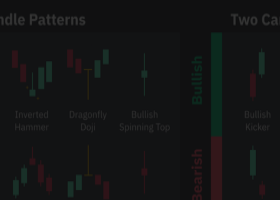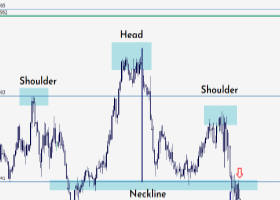CAD: Setting Up for March Employment Numbers – TDS
Research Team at TDS, suggests that on the heels of two consecutive
months of disappointing employment prints, the Canadian labour market
likely recovered in March with a forecasted addition of 18k jobs.
Key Quotes
“Paired
with a modest increase in the labour force, the unemployment rate is
expected to have slipped a tenth of a percentage point to 7.2%. The
employment forecast is based in large part on expected reversals from
outsized moves in the February report.
Of note, the 52k drop
observed in full-time hiring is typically followed by a 45k increase in
the subsequent month. Unwinding the 50k jump in part-time hiring is
expected to only offset a portion of this increase. A similar dynamic is
expected to unfold in aggregate service sector hiring as well as in
health care and the 'other' services category, both of which are set to
rebound from very weak prints in the prior month.
One potential
source of uncertainty is the construction sector which added an outsized
34k jobs in February. This magnitude of move has not historically been
unwound which suggests there is an upside risk to our otherwise upbeat
forecast for the overall labour market.
Returning to the macro
backdrop, recent surveys of hiring intentions have shown signs of
firming and it does appear that the Canadian economy has moved beyond
its peak point of pessimism reached earlier this year. So as much as
technical factors likely helped lift March employment, the six-month
trend in hiring will still stay subdued at around 7k.
Foreign Exchange:
The Canadian dollar has traded in a well-contained range since last
month's employment report. It's up about 2% against the USD since the
March release but flat in trade-weighted terms. The recent top in both
oil prices and positive data surprises helped to stem the rally. What’s
more, the Yelleninspired risk rally also looks fragile, so we think a
stronger tone in the greenback and less market-friendly risk appetite
could weigh on CAD in the coming weeks.
More immediately, we
suspect this month’s employment report will have less of an influence on
CAD than prior reports. Indeed, a rolling 90-day correlation (first
difference) of CAD to Canadian data surprises shows little link between
the two. At the same time, the OIS curve is only pricing in about 14%
chance of a rate cut for midyear so there is little support this report
will provide to the immediate BoC outlook. Taken together, we look for a
steady rise in USD/CAD over Q2 with our high-frequency indicators
pointing to a move back to 1.34 at the start of Q2.”
(Market News Provided by FXstreet)



